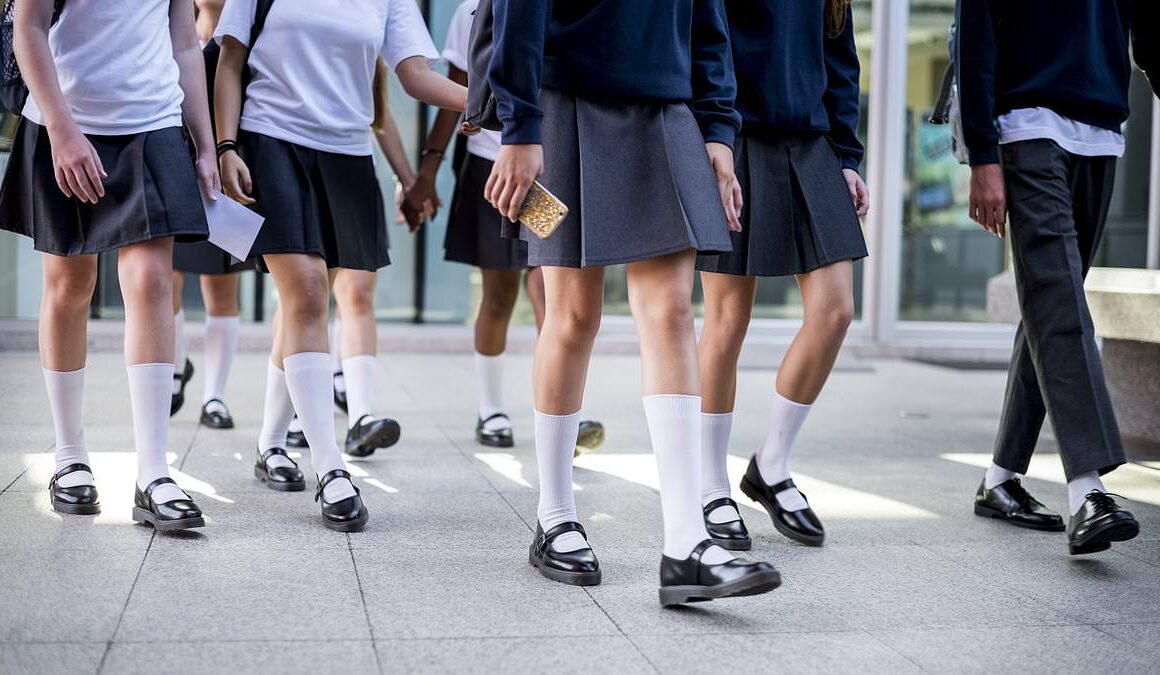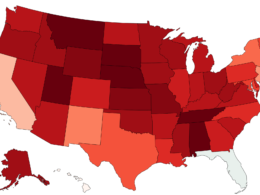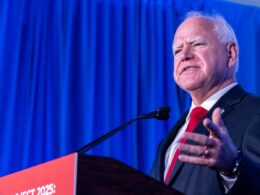Labour‘s plan to charge VAT on private school fees could bring in less than half the amount previously estimated, an analysis has shown.
Prior to the general election, Sir Keir Starmer vowed to end tax breaks for private schools in order to fund a series of manifesto pledges.
This included the recruitment of 6,500 extra teachers in the state sector, among other measures such as providing 3,000 new nurseries.
The Institute for Fiscal Studies previously estimated that removing tax exemptions from private schools would raise about £1.6billion a year in extra tax revenue.
But, according to the Sunday Times, research by HMRC in Janauary showed – in the most extreme case – the policy would bring in far less.

Labour’s plan to charge VAT on private school fees could bring in less than half the amount previously estimated, an analysis has shown (file pic)

Prior to the general election, Sir Keir Starmer vowed to end tax breaks for private schools in order to fund a series of manifesto pledges
It reported that officials modelled three scenarios taking into account how much would be raised if Labour’s plan led to more pupils moving to state schools.
Data from the Independent Schools Council’s 2023 census found there were 554,316 pupils at private schools in the UK, representing about 5.9 per cent of all pupils.
Under their worst-case scenario, HMRC planned for 17 per cent of private pupils, about 94,000, moving to state schools.
This would see the policy of removing tax exemptions for private schools raise just £650million in extra revenue in 2025-26 because of the added cost of funding children in the state system.
In a second scenario, HMRC calculated that if 11 per cent of pupils moved to state education, about 60,000, the policy would raise £900million.
A 5 per cent shift of privately educated pupils to the state sector, about 28,000 pupils, would raise £1.15 billion.
The newspaper reported the research was requested by the previous Tory government, but was based on data provided by the Independent Schools Council and the Institute for Fiscal Studies.
Diarmid Mackenzie, chairman of governors at Sands School in Ashburton, Devon, and also a member of the Independent Schools Association, said: ‘It’s clear that there’s very little understanding of how much revenue the policy is going to raise, what it’s going to cost, and the harms that it is going to cause.
‘It’s vital that we get an independent report from the Office for Budget Responsibility indicating how much this policy is going to raise, and what additional costs it is likely to incur – considering both the costs of pupils returning to state schools, and the impact of school closures on local economies.’








